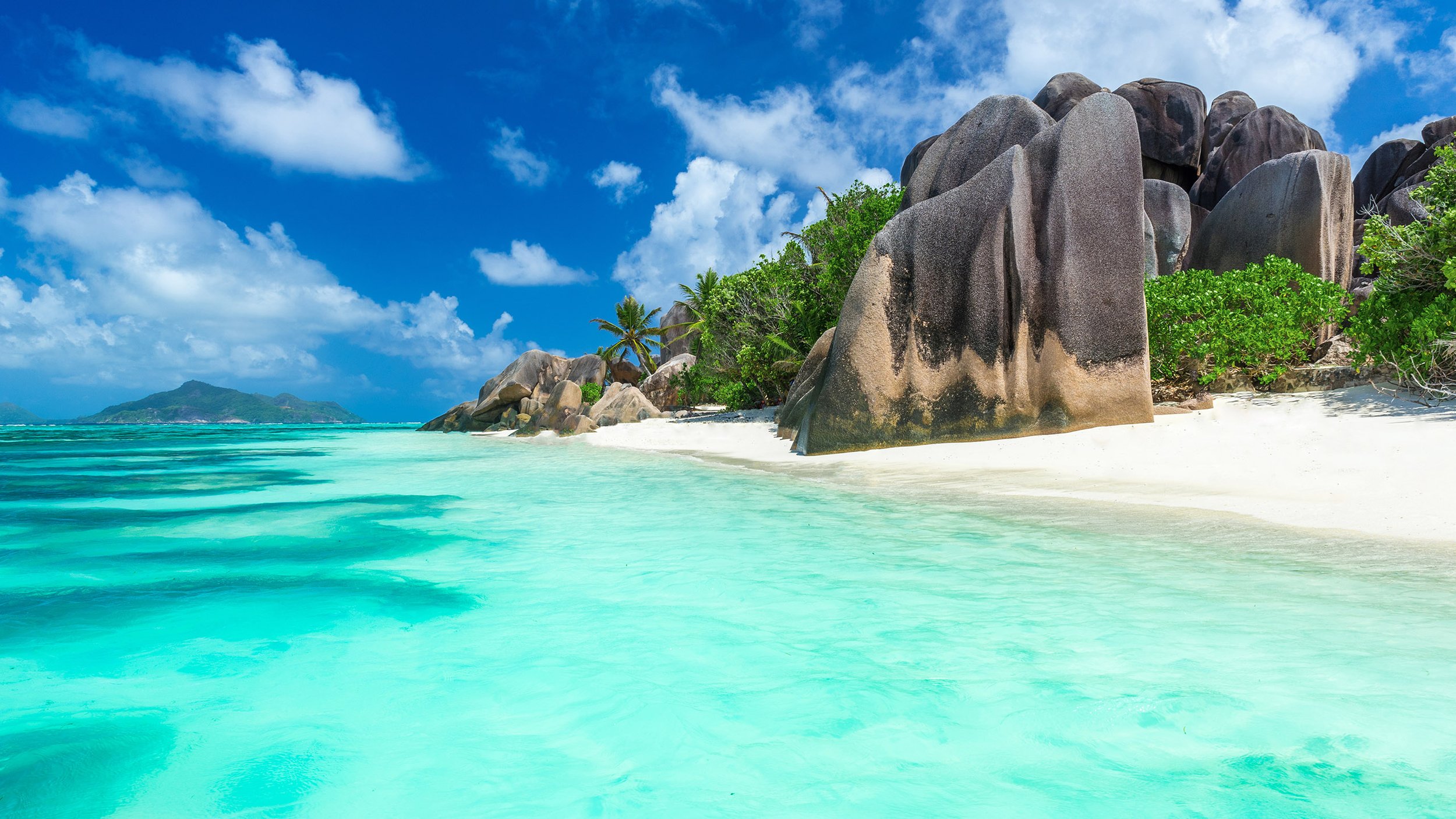
Seychelles - 71.81
48
The end of one-party rule
The People’s Party, which had dominated Seychellois politics since independence, lost power for the first time in the nation’s history during the 2020 elections. Unlike other collapses of one-party dominance, this one was slow and peaceful. Seychelles has had a long history of democratic elections, even if they were all won by the same party, and the country’s first transition of power since independence went smoothly. The 2020 Seychellois elections were effectively the formal end to a one-party rule that transitioned to democracy in 1993. However, remnants of the cold war-era dictatorship in Seychelles are still visible. The country has very strict laws regarding media operation and retains dictatorship-era defamation laws. Seychelles, while only in Africa by technicality, is one of the wealthiest nations on (or near) the continent. Seychelles’ cold war-era socialist regime was not all bad, as the Seychellois people benefit from a very low poverty rate and a robust welfare state. Other than for its pristine beaches and welcoming people, Seychelles is notable for little else besides its relatively strong relationship with North Korea.
Human Rights - 75
Seychelles has fully abolished the death penalty. The Misuse of Drugs Act allows the government to arrest suspected drug users without a warrant. Homosexuality is legal and Seychelles guarantees discrimination protection but offers no other rights for LGBT Seychellois. Abortion is legal at the discretion of a medical panel, and most abortion requests are approved.
Democracy - 81
The president is directly elected. The People’s Party (renamed United Seychelles [US]) lost power for the first time since independence in the 2020 elections. The Seychelles Democratic Alliance (LDS) took power in the first transfer of power that the country has ever seen since the British transferred the country to self-rule. The transfer of power was peaceful and not contested, and the outgoing President Danny Faure conceded defeat. 26/35 Assembly seats are directly elected and the other nine are appointed by parties based on their percent of the total vote. Elections are free and fair, after undergoing a number of reforms after a 2015 election that was marred by allegations of vote-buying and ballot-stuffing. Seychelles is under a two-coalition system, as the LDS took power as the result of most major opposition parties forming a coalition. Several smaller parties exist and field candidates but do not win seats.
Freedom - 64
Seychelles maintains strict laws regarding media operations. Political parties and religious groups are banned from operating news broadcasts. However, organized religious groups constituting above a certain percentage of the population according to the census are granted air time on government-owned radio broadcasters. These broadcasts are subject to review by the government before being broadcast. Most media advertising in Seychelles comes from the government, which is known to pull advertising revenue from critical news outlets. This leads to a level of self-censorship from local news outlets. Seychelles has very strict defamation laws that have gone largely unenforced since the country’s transition to democracy. The Law on Public Assembly allows the government to ban protests for a wide range of reasons, but this statute goes generally unenforced. All drugs are illegal in Seychelles, and the Misuse of Drugs Act allows the government to arrest suspected drug users without a warrant. Seychelles suspended all gun licenses and confiscated all guns in 1977.
Economy - 73
Health - 77
Seychelles has a life expectancy of 74 years and an infant mortality rate of 1%. 14% of Seychellois are obese and 1% are malnourished. The universal healthcare system in Seychelles offers free, high-quality care to all Seychellois citizens but is lacking in certain key infrastructures. As a result, the government heavily subsidizes travel to Kenya or South Africa for care. 87% of Seychellois have access to clean, running water. Seychelles has minor problems with mosquito-borne tropical diseases
Corruption - 68
The Seychellois hotel industry is regarded for its corruption and is close with the government. The government has made attempts to crack down on corruption in recent years.
Competency - 64
The government is failing to repeal or use unused laws.
Future - 55
The Seychellois economy took a major hit due to COVID and will likely take several years to recover.
Actions Abroad - 59
Seychelles is a member of the non-aligned movement. Seychelles maintains bizarrely strong relations with North Korea, buying weapons and military technology from DPRK in violation of international embargos. Seychelles maintains good relations with Kenya and South Africa. Seychellois citizens are granted heavily subsidized visa-free travel to Kenya or South Africa for medical care. Seychelles is generally isolationist and maintains good relations with most countries.
1.1% of Seychellois live under the international poverty line and 25.5% live under the national poverty line. 3% of Seychellois are unemployed. Seychelles has an extremely high economic disparity. Seychelles has a minimum wage of $2.67 per hour. Seychelles has a strong universal healthcare system offering free care to all Seychellois citizens. Healthcare is of generally high quality but lacks certain key facilities, namely radiology, so the government offers heavily subsidized travel to Kenya or South Africa for care. The Seychellois economy shrunk 10.7% in 2020 and grew 1.6% in 2019.
